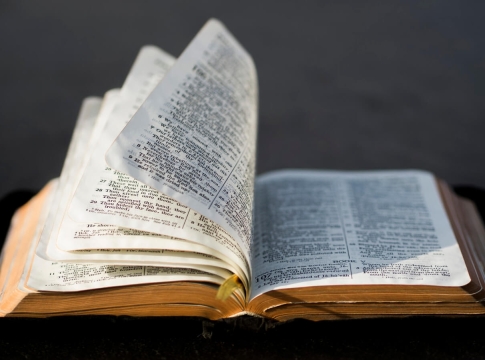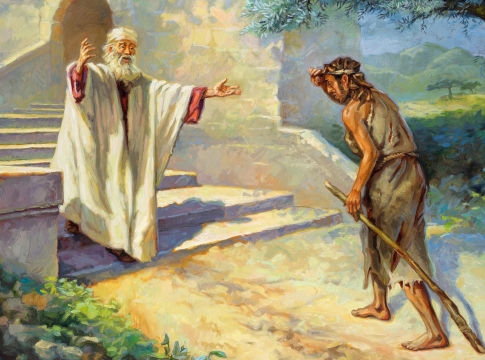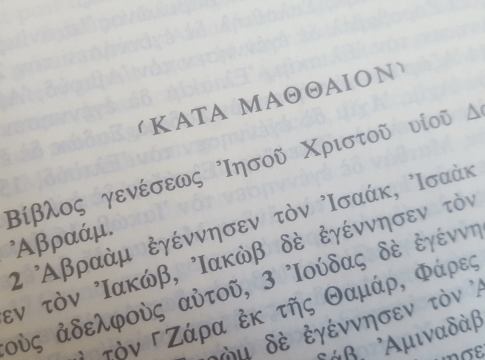
Today, we are fortunate to have an abundance of excellent materials at our disposal to help us learn more about and comprehend God’s word. Over the past 500 years, more people have had access to the Bible than at any other time thanks to the printing press, the common tongue translation of the Bible, and other advancements in communication technology. Paul’s statement to Timothy that the “word of God is not chained” (2 Timothy 2:9) takes on additional significance in light of this.
Opportunity for everyone
Bible translators are laboring tirelessly to translate the word of God into every language, and Bibles are available in hundreds of languages. Bible translations are done with the intention of enabling everyone to know God through His Son Jesus Christ, to have eternal life (John 17:3), and to [think about God’s law] whenever they want (Psalm 119:97). It is crucial that everyone has access to God’s word because we hold the view that it is the final authority on all human matters. The Bible’s multiple versions are a positive thing because they make it more likely for someone to read it and be changed.
Why do we have so many?
It appears that this query addresses the variety of editions that are on the shelf. Why are there so many of us? The short answer is that there is a need for all kinds of variations and the market for Bibles is free. Some would like to purchase a copy of the Hebrew Old Testament and Greek New Testament translated literally, word for word. Some, however, favor a translation that conveys the text’s content without being exact, enabling more lyrical or contemporary interpretations. Some wish to paraphrase the content, extending the meaning of the Bible beyond the translator’s interpretation.
Many versions are spliced by many versions
On top of this, there is a demand for study Bibles, where inter-linear notes and footnotes help the reader to understand the text and apply it to daily life. So not only do we have many versions of Bibles, but those many versions are then spliced by many versions of study Bibles. The various translations of the Bible do not teach different things, but the commentators and study Bibles may contain different messages in the footnotes. Yes, we can admit to there being a market driven impulse which may lead to the creation of specialized study bibles addressing narrow parochial interests (i.e. “The American Patriot’s Study Bible”). Yet, we say that we should keep printing them because a person’s encounter with the word of God, which is living and active, is a sure way to produce fruit and turn a person’s heart to Christ, much like the Ethiopian eunuch’s encounter with the writings of Isaiah in Acts 8:26-40.
That so, locating a Bible could be difficult for a new convert. Picking up a Bible is the first thing a Christian wants to do after giving his life to Christ, but choosing one can be scary or intimidating. See a pastor or a reliable Christian friend for advice if you’re not sure which version to read. God’s word is ultimately unchained.





